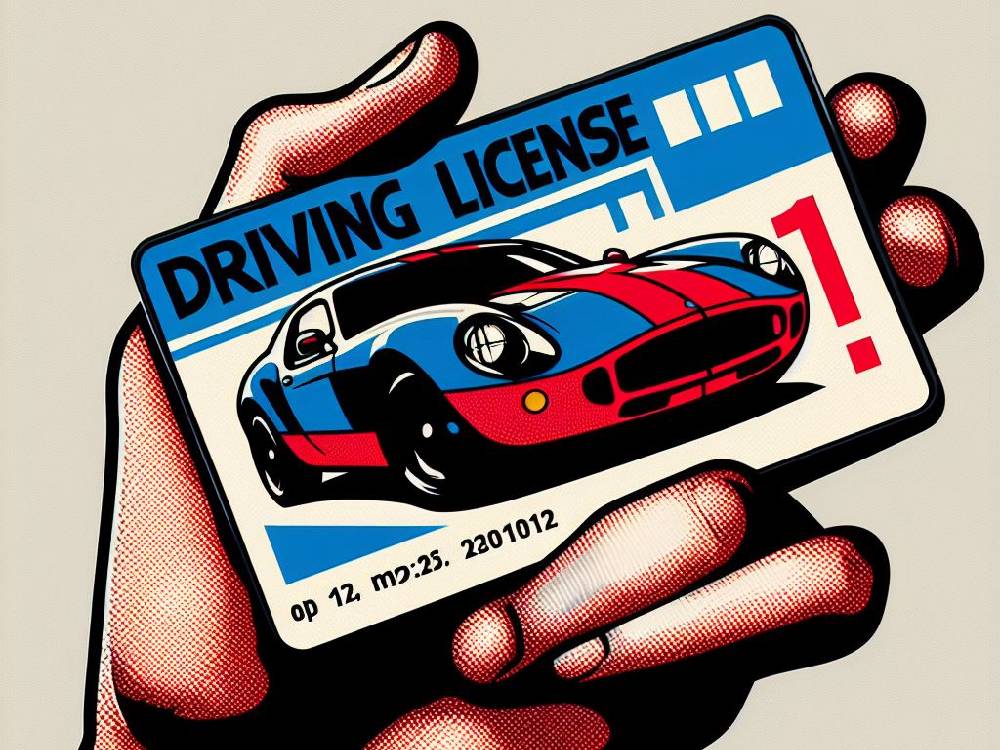Introduction
Your occupation significantly influences your car insurance premiums.
Work in a high-risk job, and you may face higher car insurance costs.
This article delves into why your job affects your car insurance premium, which jobs insurers consider high or low risk and practical tips to manage these costs effectively.
- Why your job affects car insurance premiums
- Occupations that qualify for cheaper insurance
- High-risk jobs and their impact on premiums
- Tips for managing insurance costs for high-risk jobs
Why Occupation Affects Car Insurance
Insurers assess risk in various ways.
One major factor involves your occupation.
They believe your job provides insights into your driving habits.
For instance, if you work as a delivery driver, you consequently spend more time on the road, thereby increasing your risk of accidents.
Conversely, a librarian faces a lower risk due to spending significantly less time driving.
Some jobs clearly favor insurers.
Secretaries, teachers, and medical professionals often receive lower premiums.
Why?
These jobs, for the most part, involve stable and less risky driving behavior.
As a result, occupations like these generate fewer claims and lower-cost settlements.
However, not all jobs receive favorable views from insurers.
For example, high-risk jobs include circus workers and Premier League footballers.
These occupations pose risks, either due to lifestyle or frequent travel.
Moreover, sometimes outdated or stereotypical reasons influence these perceptions.
Nevertheless, insurers utilise this information to determine your premiums.
Additionally, several other factors influence your car insurance costs.
For instance, where you live, your age, and the type of car you drive all play significant roles.
Furthermore, driving history and the car’s usage also impact the premium.
Low-Risk Occupation
Low-risk jobs often lead to cheaper car insurance.
Why?
Insurers perceive these professions as less likely to file claims.
Secretaries, personal assistants, and clerical workers fall into this category.
These jobs involve responsible, careful driving.
Local government employees, librarians, and teachers also benefit.
Insurers view them as reliable and low-risk.
Management professionals and judges usually receive favorable rates.
Their jobs suggest stability and lower risk on the road.
For example, a librarian typically has a low-risk profile.
Minimal and cautious driving leads to fewer claims.
This perception helps keep premiums low.
For more ways to save money on your car insurance, check out 5 Ways to Save Money.
Case studies show how different occupations affect premiums.
A teacher might pay significantly less than a circus performer, despite similar driving records.
Understanding this helps you manage car insurance costs better.
For additional information on affordable car insurance options, visit Car Insurance Options.
High-Risk Occupation
High-risk jobs often result in higher car insurance premiums.
Why?
Insurers consider these occupations risky due to various factors.
For instance, circus workers, Premier League footballers, and fairground workers fall into this category.
Additionally, frequent travel and unpredictable schedules contribute to this perception.
Furthermore, jobs involving high physical activity or performance under pressure raise concerns.
Insurers see these factors as increasing the likelihood of accidents or claims.
You might wonder, what can you do if your job falls into a high-risk category?
Tips For Managing Car Insurance Costs
First, describe your job title accurately yet creatively.
For example, a journalist who primarily works at a desk can call themselves a sub-editor or writer.
Always remain truthful, as inaccuracies can invalidate your insurance.
Second, consider how you use your car.
If you don’t use your car for work or commuting, inform your insurer.
This information can lower your premium significantly.
Third, limit your annual mileage voluntarily.
But be careful not to underestimate, as exceeding your declared mileage can lead to complications.
Need more advice?
Connect with professional associations or trade unions related to your job.
They might have negotiated special rates with insurers, which can help mitigate high-risk perceptions.
Lastly, never settle for the first quote you receive.
Always compare quotes from multiple insurers.
This strategy ensures you find the best possible rate despite your job’s risk level.
For comprehensive guidance on this, see our article on Comparing Car Insurance Quotes.
Visit Telematics Car Insurance for options that might suit your driving habits better.
Conclusion
Understanding how your occupation affects car insurance premiums empowers you to manage costs better.
Whether you work in a low-risk or high-risk job, there are strategies to reduce your premiums.
By accurately describing your job, limiting car usage, and comparing quotes, you can find affordable car insurance.
Remember, your job is just one factor.
Many elements contribute to your overall insurance costs.
For more tips on reducing car insurance costs, explore our related blogs:













